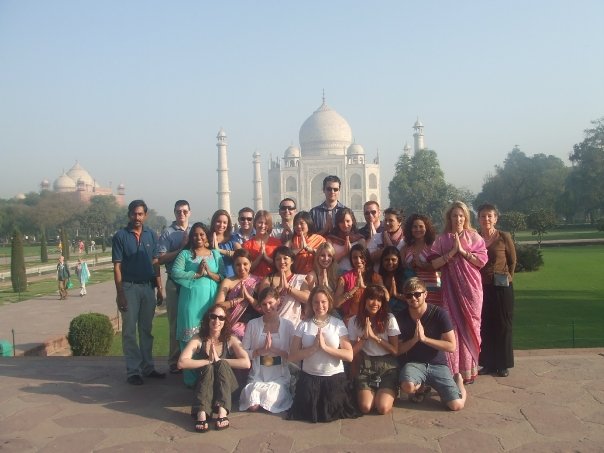One of the worst feeling in my opinion when travelling on long flights is the feeling of jet lag. While traveling to abroad, I had the misfortune of experience this feeling every time. However, after reading Skip The Pretzels: Starving May Fend Off Jet Lag by Julie Steenhuysen, I think I found a way to bet if not prevent jet lag altogether. Typically, when we travel stress as well as other emotions tends to get the better of us. This typically results in loss or appetite and such. However, even with this we are plunged into jet lag mode. The key according to Julie Steenhuysen's article is starving. Starving sends a second internal clock into works when food is scare. If we can manipulate this clock then this may helps us adjust to new time zones or even beat jet lag.
Snippet from article...
"A period of fasting with no food at all for about 16 hours is enough to engage this new clock," said Dr. Clifford Saper of Harvard Medical School, whose study appears in the journal Science.
He said a person from the United States traveling to Japan must adjust to a 11-hour time change. Because the body's clock can only shift a small amount each day, it takes the average person about a week to adjust to the new time zone. And, by then, it's often time to come home," Saper said in a statement. Saper and colleagues knew that when food is scarce, animals are able to override their normal biological clock to improve their chances of finding food. Studies have shown that mice fed only during the time when they normally sleep shift their body clocks to this new schedule. "They would be awake and alert and ready to go an hour or two before a meal was due to appear to have maximal chance of getting the food," Saper said in a telephone interview.
"This is built into the brain. The problem is, nobody knew how it worked," he said. Saper said when food is scarce, this second clock can override the body's primary clock. He said these same clock genes are known to be in all mammals, including humans. While skipping meals ahead of a long flight or night shift has not been proven to work in humans, it may be worth a try.
Indeed it is worth a try to help avoid the feelings associated with jet lag. I can personally say when taking long flight that are more than 5 hours do not make the mistaking of traveling economy. When I was going to India, this was the biggest mistake I made on a 16 hour flight. In addition, I have attached the link for anyone interested in reading the full article. Let me know what you think.






